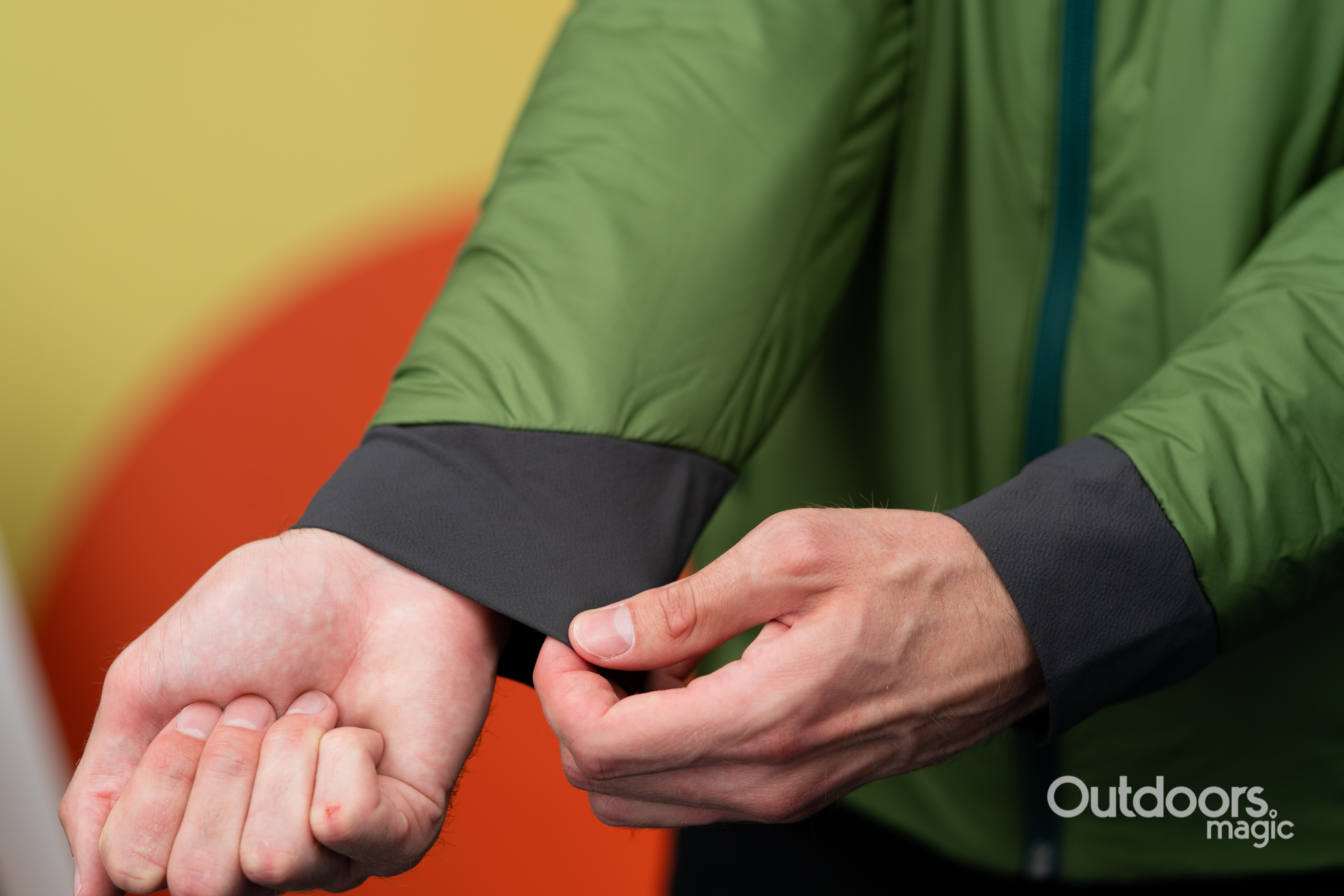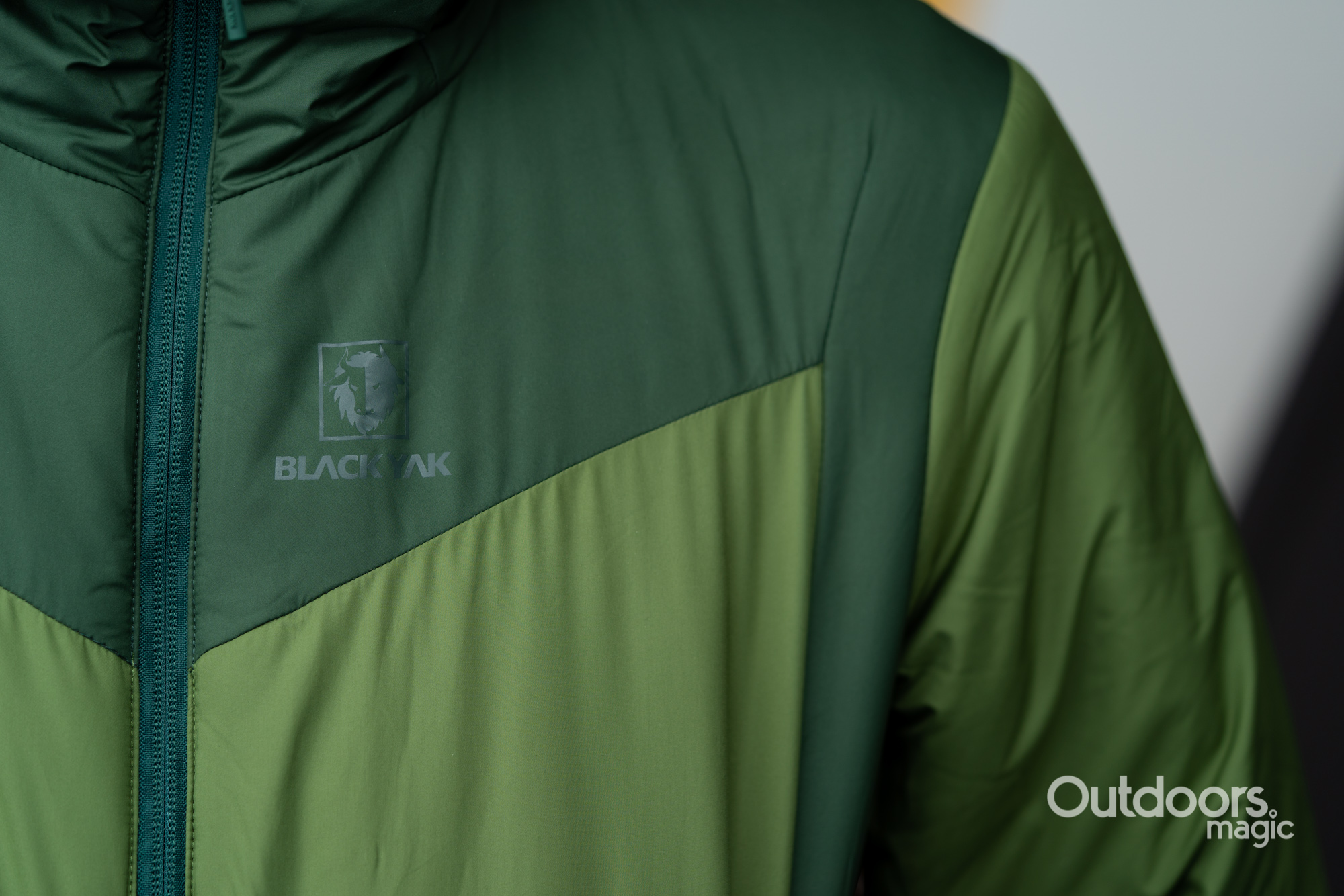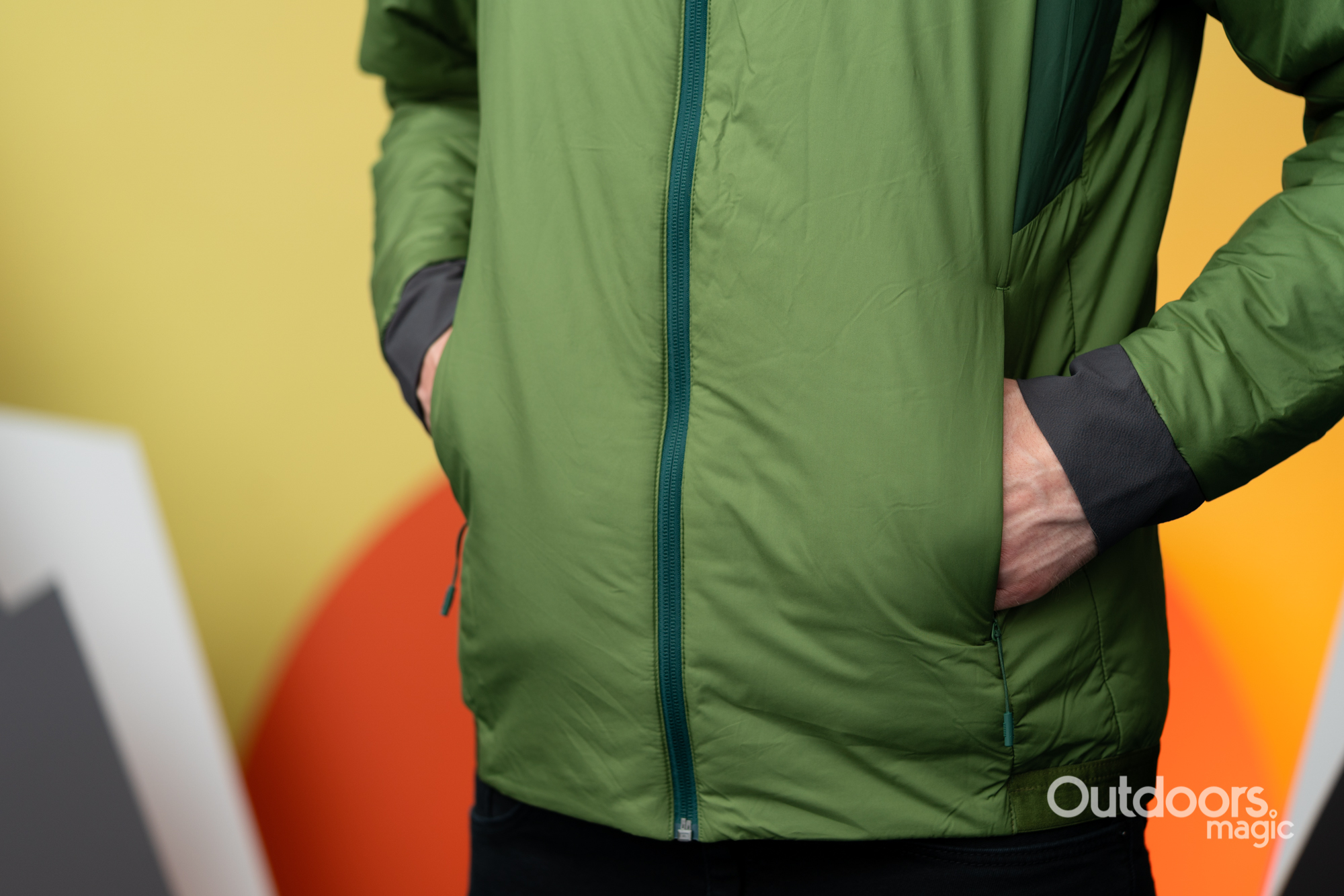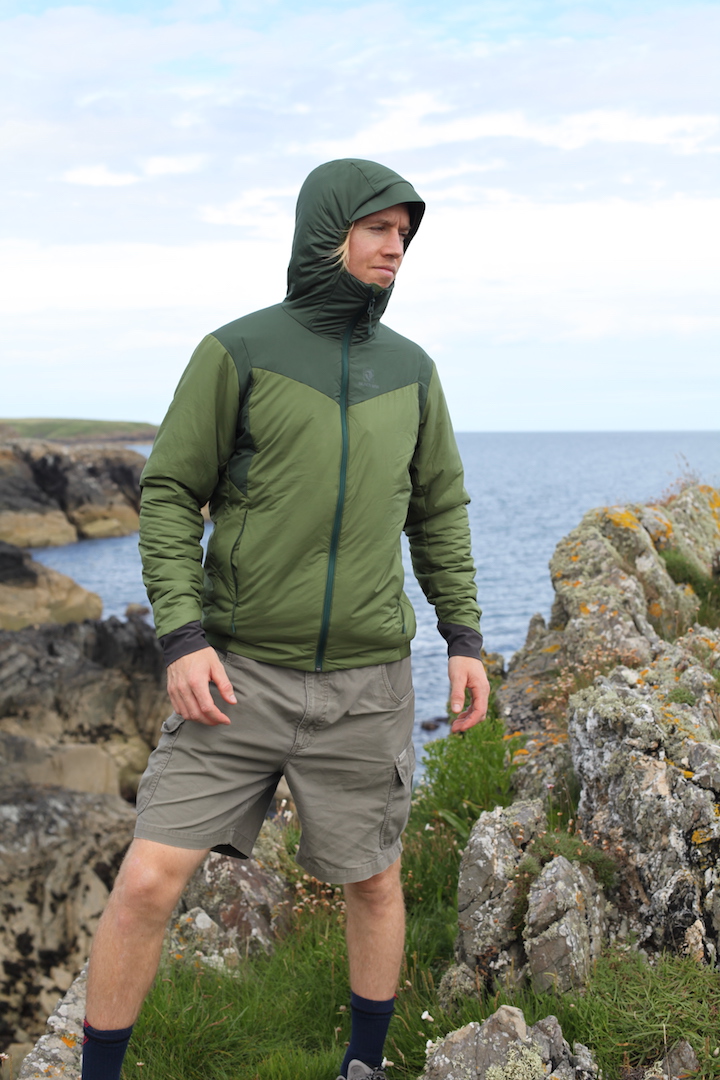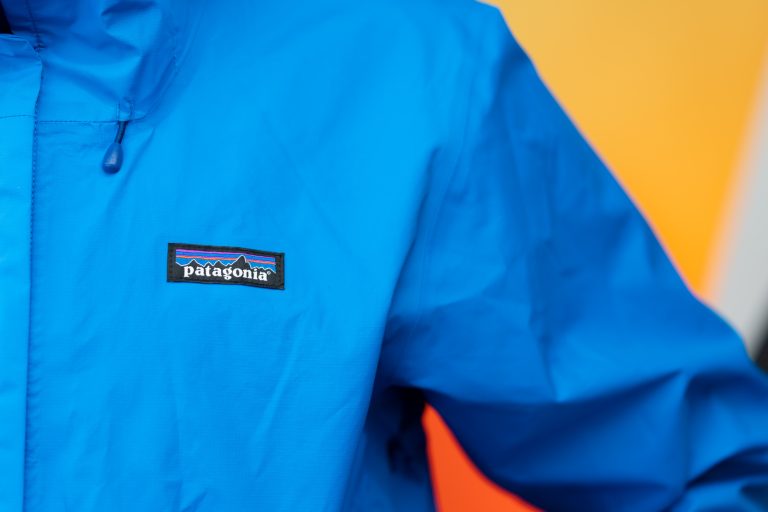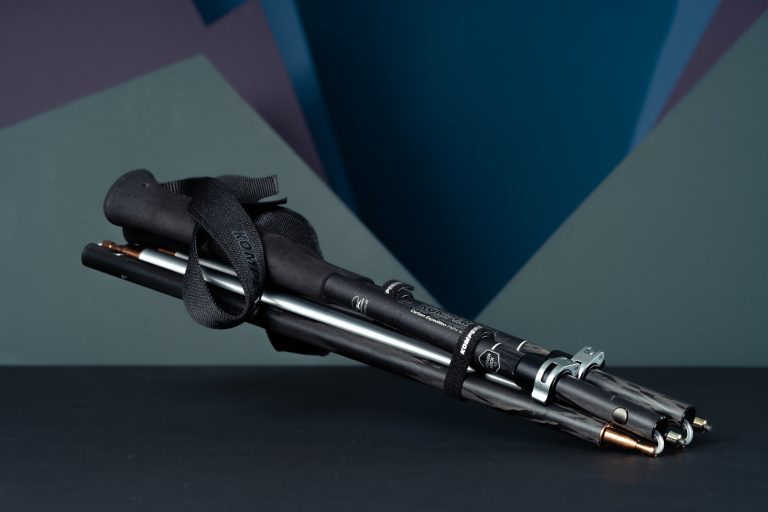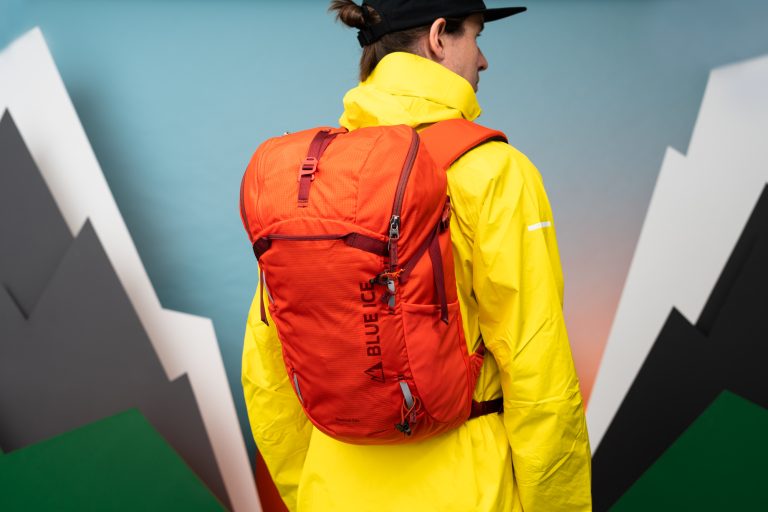Why We Chose The BlackYak Calvana Hoody: Impressive tech, materials, and performance at a fair price
It’s probably fair to say that BlackYak isn’t that well known a brand in the UK, and this, we think, is quite surprising. That’s first of all considering the fact that the company has been around since 1975 and also because of how impressive their product line is. This item, the Black Yak Calvana Hoody, being a good example of that.
“Designed with the conditions of 5000m climbing in mind”
Anyway, if you’re not already familiar with BlackYak, in a nutshell we’d describe it as the Arc’teryx of South Korea. Both brands design their products for high output mountain use, they both focus heavily on research and development and they both use high quality materials as well.
This is their mid layer offering; a synthetic jacket that sits in their Pali line of clothing designed with the conditions of 5000m climbing in mind.
Who Is The Black Yak Calvana Hoody For?
While they might have made this for expedition-style climbing, we’d say it’s an ideal option for any UK winter mountaineering or hillwalking. It’ll suit those days when the wind is fierce and there’s non-stop rain or sticky snow and you want an insulator under your outer layer (be that a softshell or hardshell) that can continue to function even when everything has eventually soaked through.
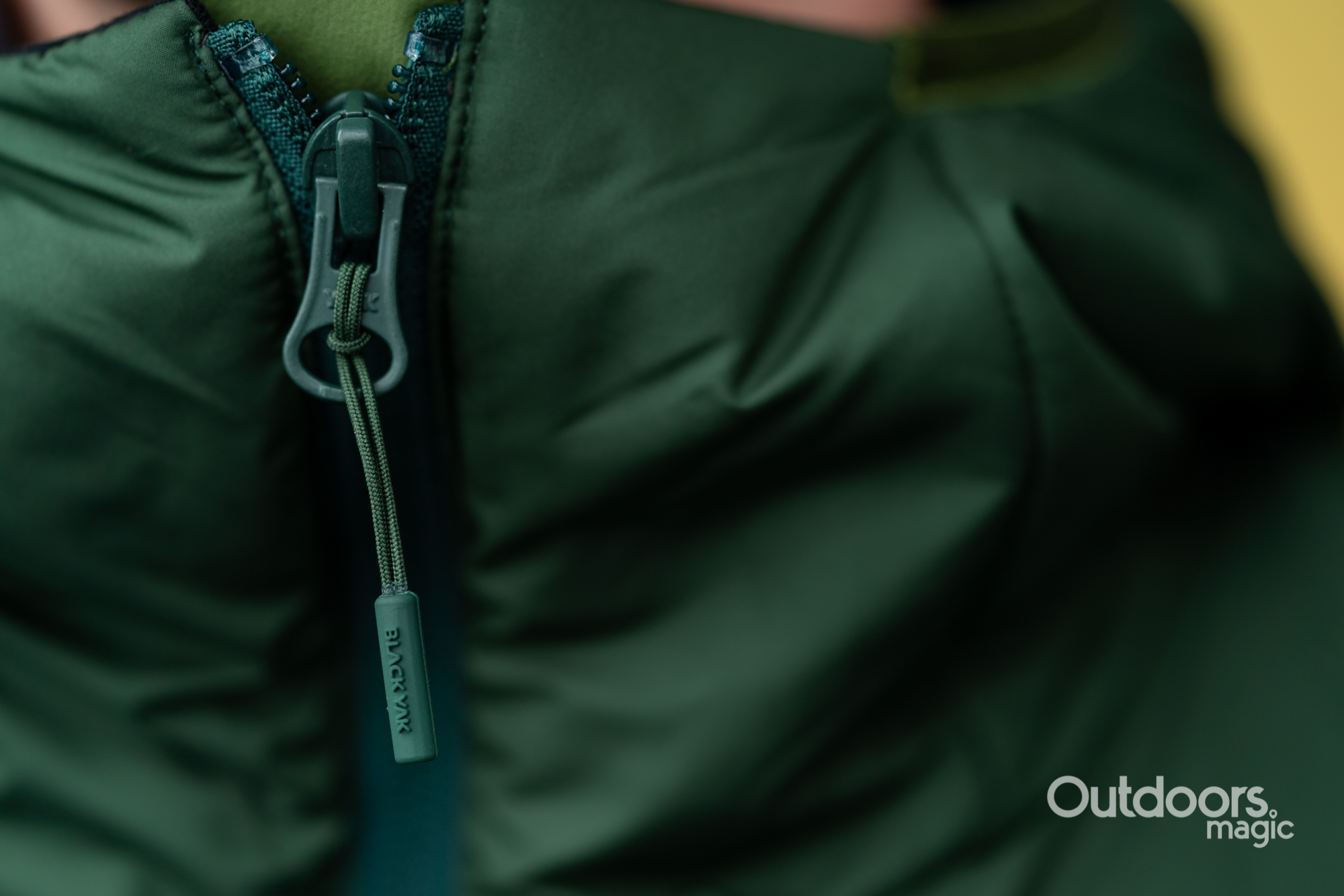
Materials
The fill is made from 100% Polyester fibres with hollow cores. Its density is rated at 68g/m2. That’s kind of in the middle of the scale when it comes to thickness/warmth. To put it into context, Patagonia’s Macro Puff uses a 135g while the North Face’s Thermoball comes in somewhere below 50.
“The fill is made from 100% Polyester fibres with hollow cores”
The main shell fabric is also made from Polyester. This has a weave with a nice bit of stretch to it and just the right amount of air permeability to allow temperature regulation but without any risk of wind chill. One nice touch is the use of smooth but durable Cordura fabric at the cuffs to add extra durability.
At 468g, it’s not the lightest insulator out there by any means, but it’s not heavy either – you’ll still find some down jackets that are heavier.


